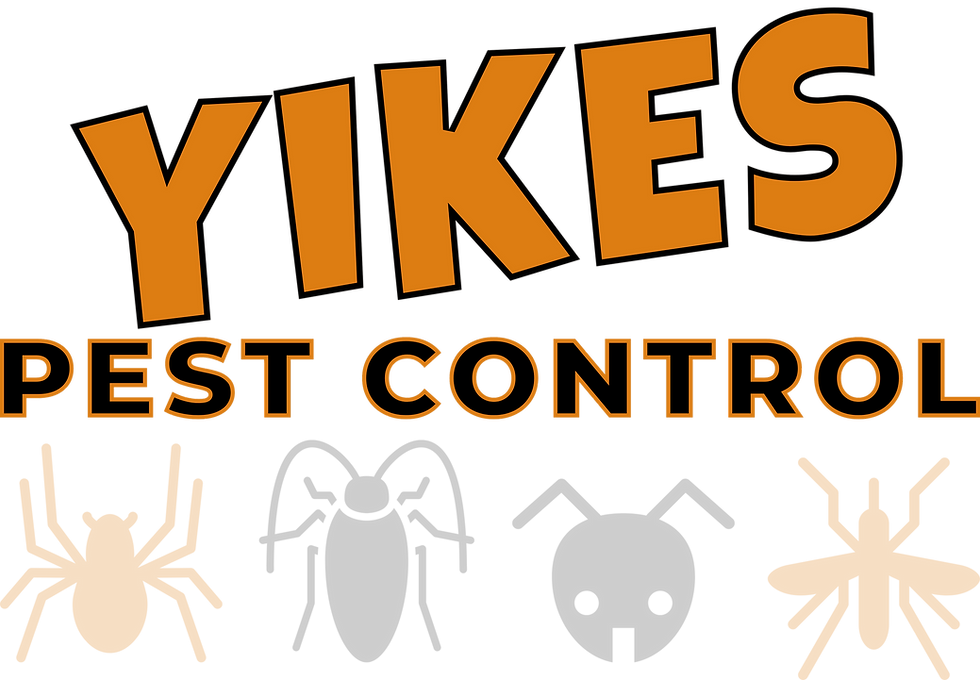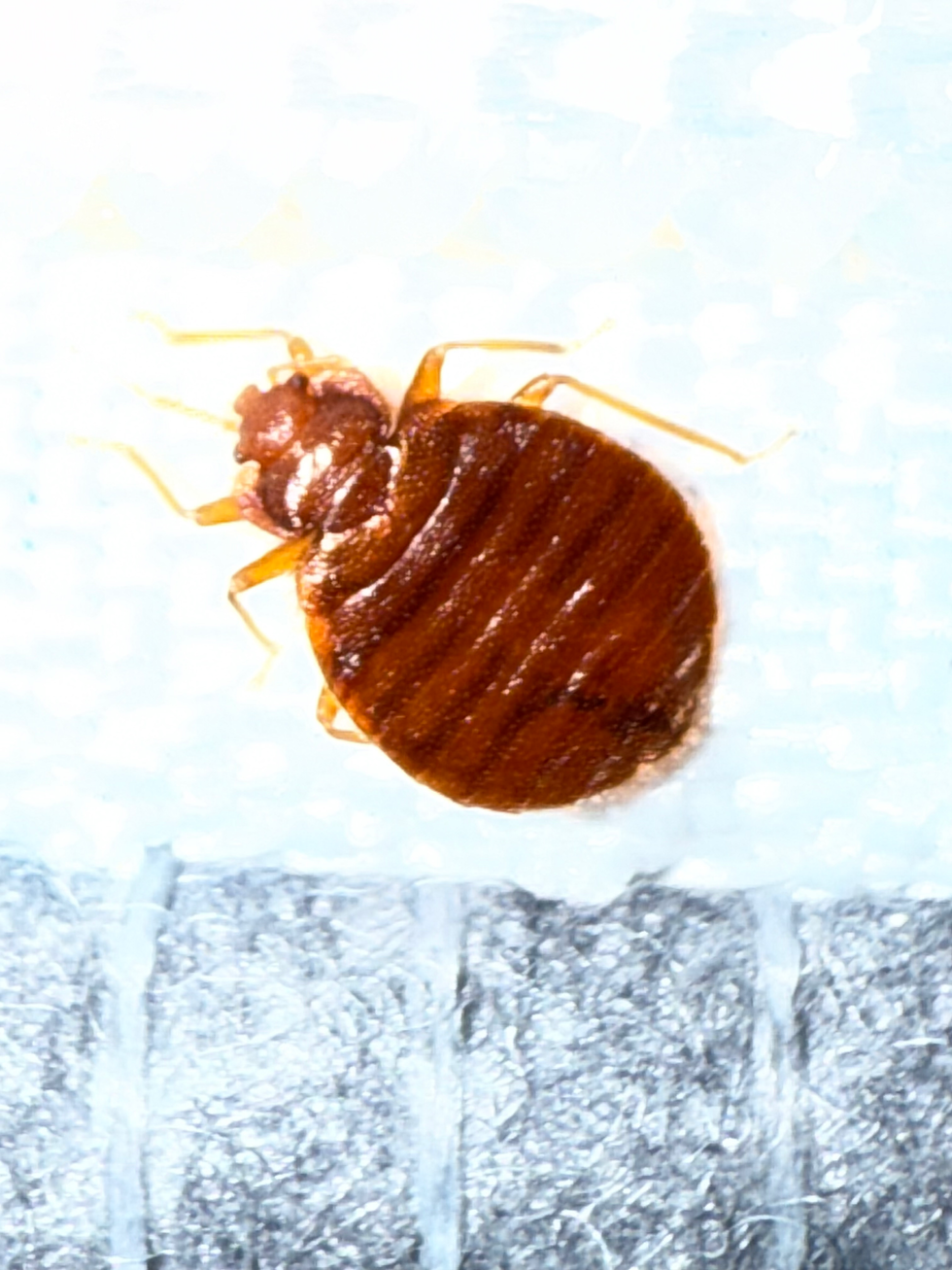How to Protect Your Pets and Home from Fleas (fleas in your home?)
- yikespest
- May 2, 2022
- 4 min read
Fleas are tiny parasites that can be found on both animals and humans. They feed on the blood of their host, and can cause a great deal of irritation and discomfort. Fleas are not only a nuisance, but they can also spread disease. In this article, we will discuss how to get rid of fleas as well as the life cycle of fleas.
What are fleas and what do they do?
Fleas are tiny, parasitic insects that feed on the blood of their host. They can be found on both animals and humans, and can cause a great deal of irritation and discomfort.
Fleas are not only a nuisance, but they can also spread disease. In this article, we will discuss how to get rid of fleas as well as the life cycle of fleas.
The life cycle of a flea
Fleas have a very complex life cycle that can take anywhere from two weeks to two months to complete. The adult flea lives for about two to four months, and during that time, it can lay up to 50 eggs per day. The eggs hatch into larvae, which feed on organic matter before molting into pupae. The pupae stage is where the flea undergoes metamorphosis and becomes an adult. The entire cycle may be shortened in warmer temperatures, while it can take up to two years for the flea's life cycle to complete in colder conditions.
The adult female flea will find a host by sensing movement, carbon dioxide in exhaled breath, body heat, and the vibrations caused by crawling. Once attached to its host, it begins feeding on blood within 10 minutes. Fleas are capable of jumping onto their hosts from several feet away. Generally speaking, adult fleas are capable of jumping up to seven inches high and thirteen inches sideways.

How to get rid of fleas (adult fleas and Larvae)
Prevention tips for a flea infestation on your pets.
There are a number of things you can do to prevent your pet from getting fleas or a flea infestation in your home. One of the most important is to keep your pet's environment clean. Make sure to vacuum and sweep regularly, and wash your pet's bedding and toys regularly.
In addition, you should make sure to keep your pet groomed and bathed regularly. Fleas cannot survive in a dry environment, so keeping your pet's coat clean and free of dirt and debris will help to discourage them from taking up residence. Finally, you can use flea collars, drops, or powders to protect your pet from fleas.
If you have noticed fleas in your home, you should do all that you can to get rid of them immediately. The best way to do this is by vacuuming frequently and washing your pet's bedding daily or twice daily, depending on the severity of the infestation.
If you need help getting rid of fleas in your home, contact a professional pest control company.
Flea Infestation prevention tips for both pets and humans
The top ten things you can do to prevent fleas in your home, on your pests, and on both you and your family:
1. Keep pets and their bedding clean and free of fleas.
2. Treat all pets in the household for fleas and use a flea comb to ensure you remove all of the flea larvae.
3. For flea treatments, use only products labeled to kill fleas on your pet, as some common pet shampoos can make a pet sensitive to flea bites, resulting in more itching, and the beginning of a new infestation.
4. Regularly clean your home with commercial products to kill fleas.
5. Keep pets off furniture and carpets as much as possible, as they can serve as hosts for eggs and larvae that cause further infestations later on (cats tend to be less affected by this due to their habit of cleaning themselves).
6. Keep your yard free of wild animals that can attract fleas (skunks, rats, woodchucks, starlings, etc.) by using a rodent or bird repellent to kill any hosts near the area you live in.
7. Have a professional treat your yard to help prevent fleas from being brought in.
8. Keep your windows closed to keep out wild animals that can carry fleas into your home, and keep screens on windows so pets cannot jump through them.
9. Remove any vegetation growing next to the foundation of your house, as it can harbor flea eggs and larvae.
10. Take all pets to the vet for an annual checkup (the veterinarian can prescribe shampoos and topical solutions).
If you find that your pet is suffering from fleas, your first step should be to get your pet treated immediately. Make sure to take them to the vet for a checkup, especially if they are elderly or very young.
Fleas are a nuisance and can cause a lot of discomfort. It's important to take steps to prevent them from infesting your home, yard or pets by making sure you're taking care of the problem before it becomes too large. If you suspect that there is an issue with fleas in your home, contact us today for expert help! Yikes Pest Control has extensive experience in pest control services and will work hard to get rid of any pests so they don't create more problems down the road - including flea infestations.
Evansville, Indiana and surrounding areas Yikes Pest Control will help you get rid of fleas
Yikes Pest Control uses a combination of residuals, knock downs, and Insect growth regulators (IGRs) in order to eliminate the flea during all stages of its life cycle. The knock down will kill adult fleas and anu living flea population. The IGR will help prevent the Larvae from becoming adults, and the residual will help protect your home from future activity. Most flea infestations will require a second follow up treatment to help completely eliminate the flea problem. These treatment will require you to be out of your home for a period of time and will be applied where your pet likes to spend the most time such as pet bedding, dog houses, furniture, beds, and any other area of the home conducive to activity.
If you have any further questions about possible fleas infestations in your home please give yikes pest control a call or text today.














Comments